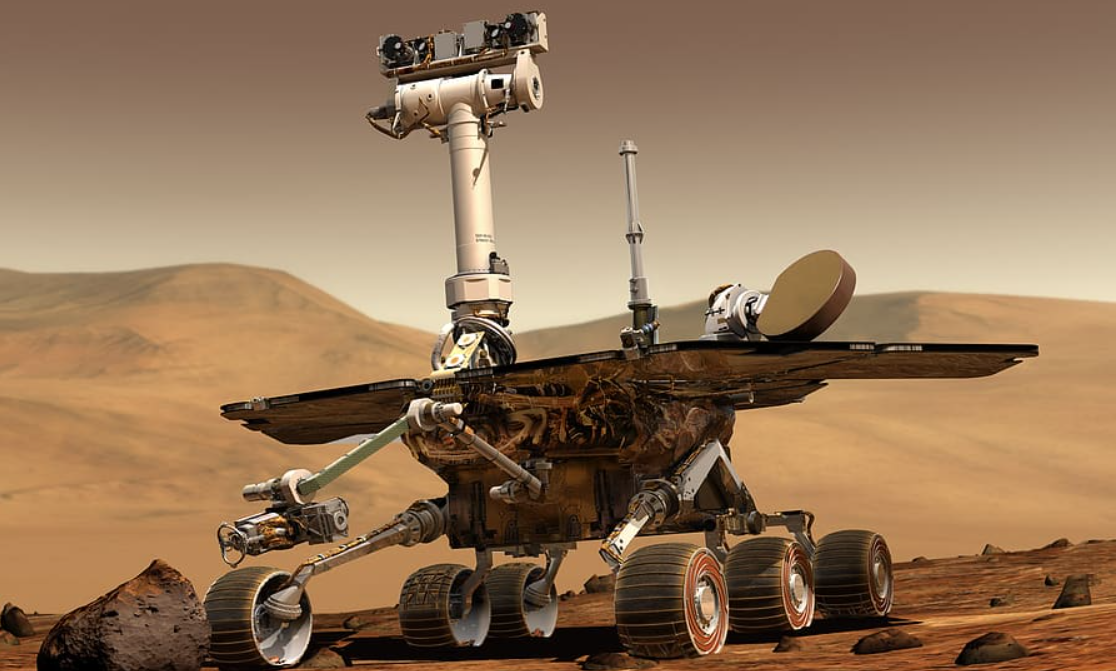The data obtained from the Chinese Zhurong rover show that the surface of Mars in the area where it landed is magnetized much weaker than it is measured from orbit. This is very strange, because in other places the fields on the contrary were stronger than previous estimates.

Zhurong measured the magnetic charge of the surface
The Chinese Zhurong rover, which has been exploring Mars for several months, has ceased to function. But scientists continue to analyze the data it has collected and make amazing discoveries with their help. This time, scientists have drawn attention to the strange properties of the magnetic field of the red planet.
It is usually said that Mars has no magnetic field. Although in fact this means that it is too weak. And in recent years, scientists have also discovered that local fields can exist on the surface of the planet. Until now, all but two measurements have been taken from orbit.
The exceptions are the American stationary InSight platform and the Chinese Zhurong rover, which landed 2,000 km away from it. It was on them that magnetometers arrived on the surface of Mars for the first time. And, in fact, these studies surprised scientists.
Strange magnetic field
The fact is that the magnetic fields on the surface were determined by Zhurong with an accuracy of nanotesla. They are there, but tiny. They are even fainter than it has been measured for this site from orbit. This is not surprising, because remote studies are always inaccurate.
Surprisingly, at the landing site of the InSight probe, the magnetic field, on the contrary, turned out to be much stronger than it was measured from orbit. And this already means that it is highly heterogeneous on the surface of the entire planet.
Scientists can only guess at the reasons for this so far. Perhaps the crust of Mars under the plain of Utopia, on which the Zhurong traveled, turned out to be unmagnetized 4 billion years ago. However, it could be that it was initially magnetized, but then lost its charge due to the impact of a large body. And then it would mean that the core of the planet became motionless even before that.
According to phys.org
Follow us on Twitter to get the most interesting space news in time
https://twitter.com/ust_magazine

